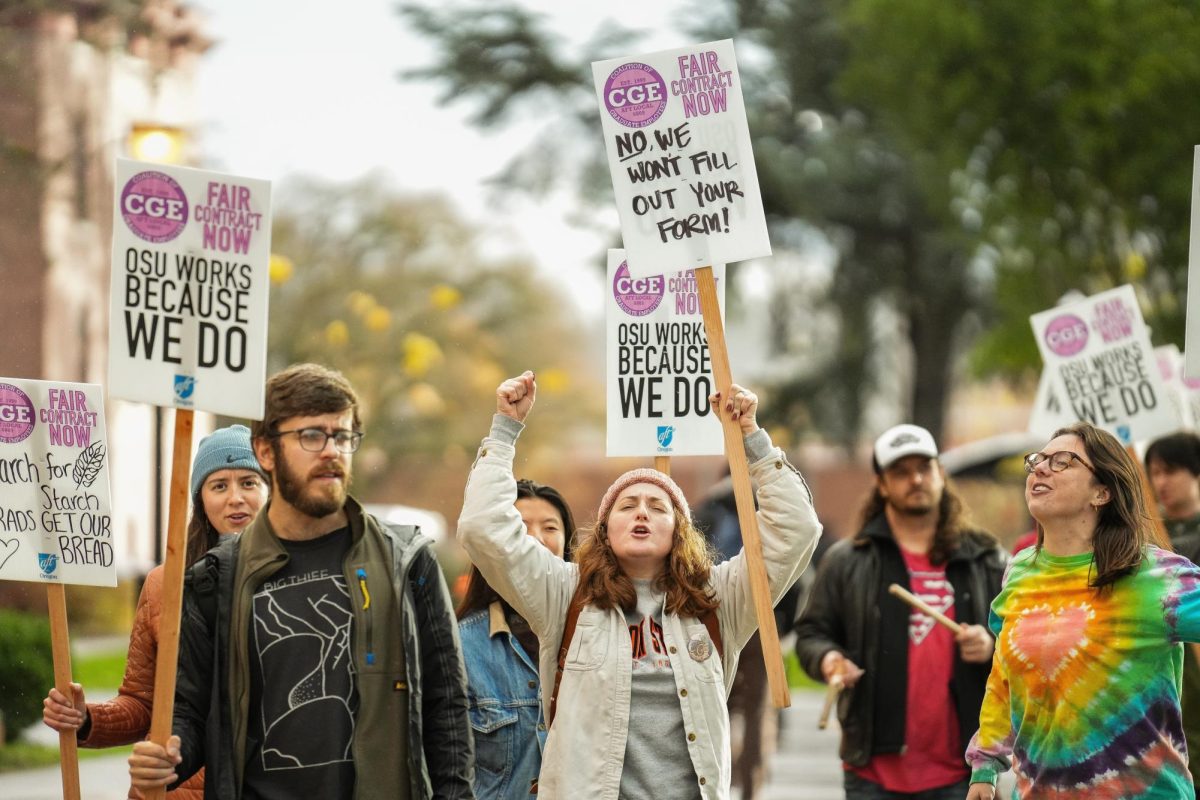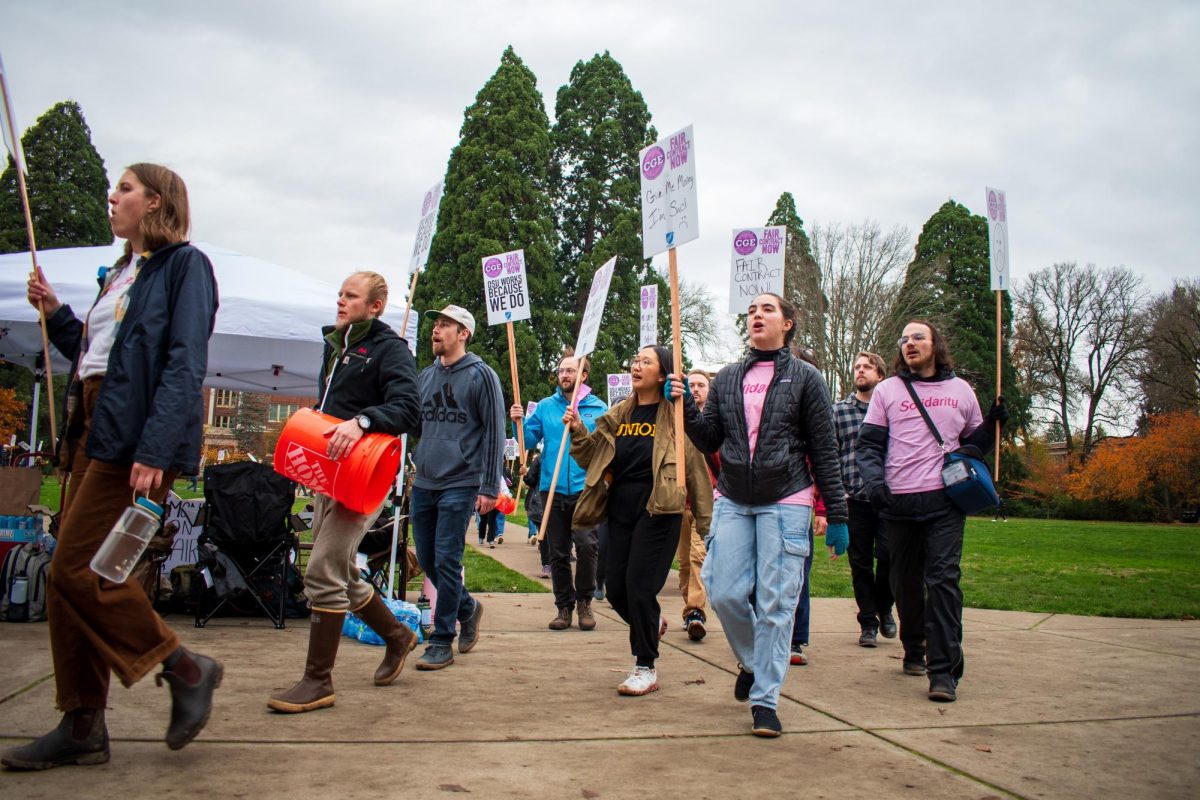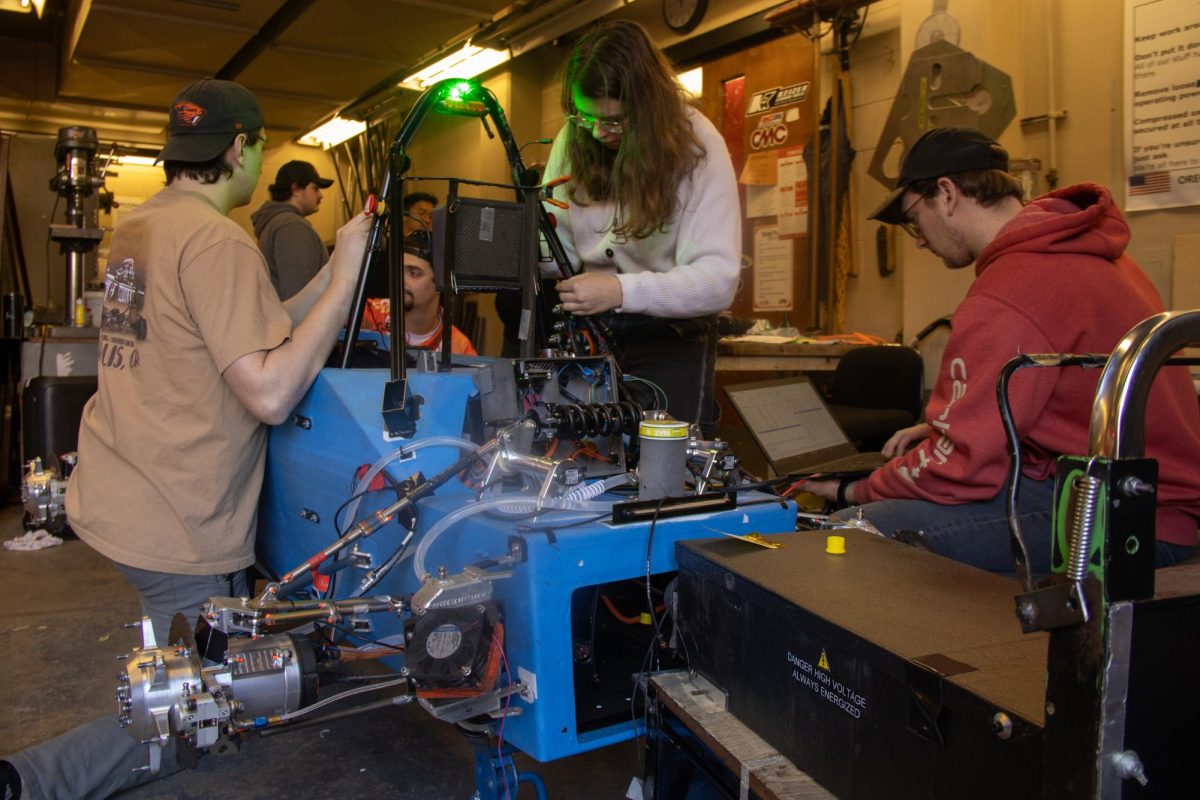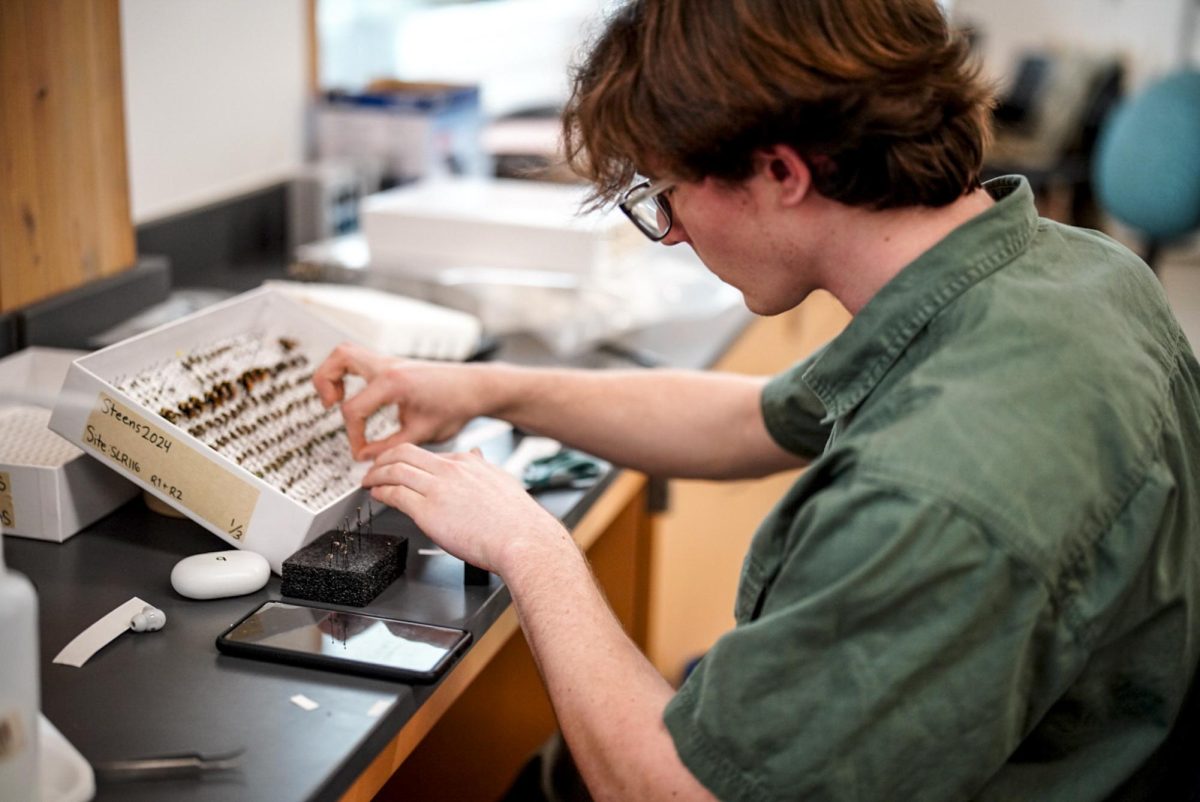What connects a White, genderqueer, exMormon with a Nepali father and a Latina single mom? All of our children attend the same campus-based preschool class. Headstart is a preschool program for low-income families, which all of us qualify for based on our income as graduate student workers at Oregon State University.
OSU prides itself on an “equitable, scalable and sustainable” culture. Yet, a significant portion of the graduate student workforce have children, and most face steep challenges in Corvallis, Oregon’s most rent-burdened city and a childcare desert. A two-bedroom family housing unit costs $1,200 monthly, while graduate workers earn a minimum of $1,762 before taxes. Housing alone consumes 68% of this gross income. Childcare costs range from $800 to $1,900 per month, often exceeding the budgets of student workers, even with subsidies.
International students face additional barriers, being unable to seek alternative employment to cope with living costs. Systemic inequities in race, gender, and other factors further exacerbate these issues.
Students also struggle with food insecurity, transportation, and inadequate healthcare, to name but a few additional challenges. Recently, I faced severe stress managing parenting duties while dealing with my children’s illness and my own mental health crises. With an overdrawn bank account and maxed out SNAP benefits, I couldn’t afford groceries.
Ironically, I came to OSU because my grandpa had been a student athlete and spoke so highly to me of his experiences as a ‘Beaver’. After he was killed, I looked to his Alma Mater as a place to honor his memory and pursue my graduate education. I honestly cannot say that my children will hear the same narrative of how wonderful it is to be an OSU student.
The university could be investing in the next generation of Beavers. Instead, OSU’s inclusive rhetoric contrasts with its actions. Amidst the CGE strike, the administration rebuffs legitimate demands, urging students in crisis—due partly to poverty wages—to reconsider their enrollment. OSU must address these systemic problems rather than relying on hollow statements. Real action is overdue.
Editor’s note: This headline has been updated from its original version.









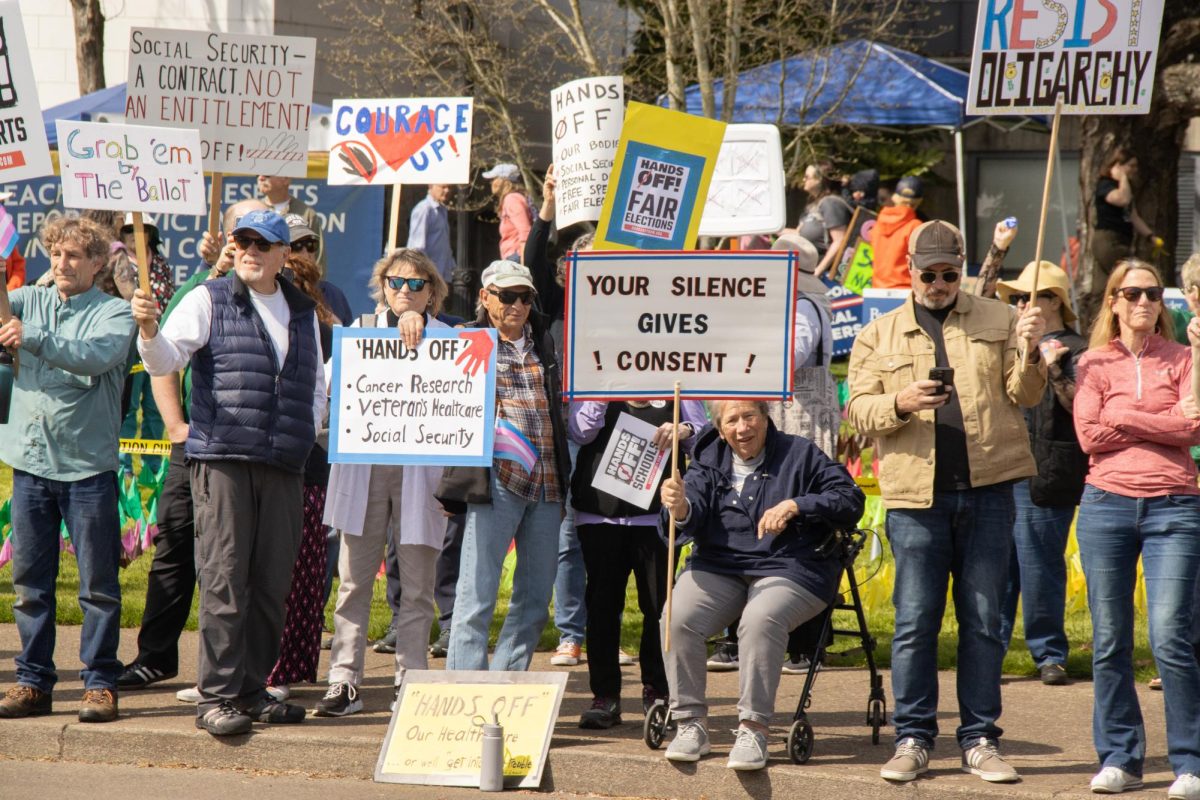

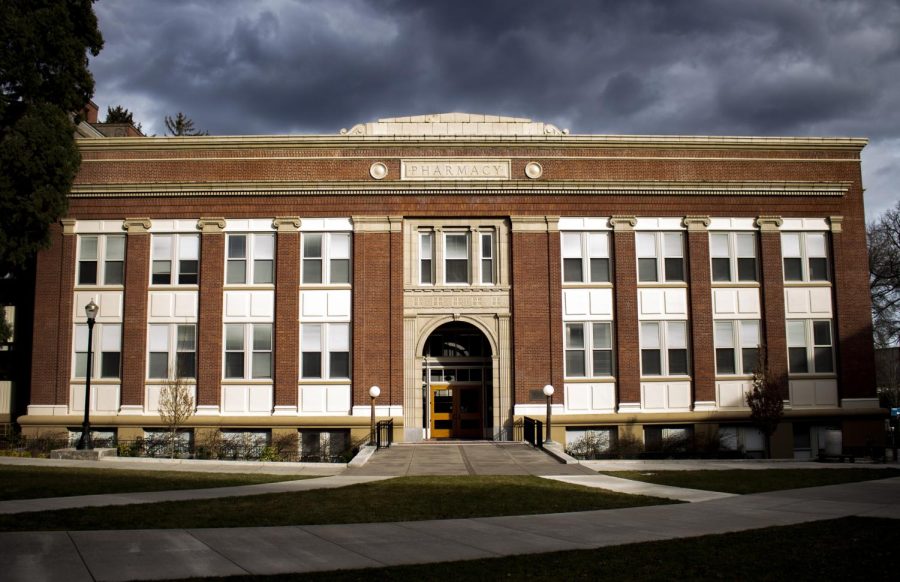
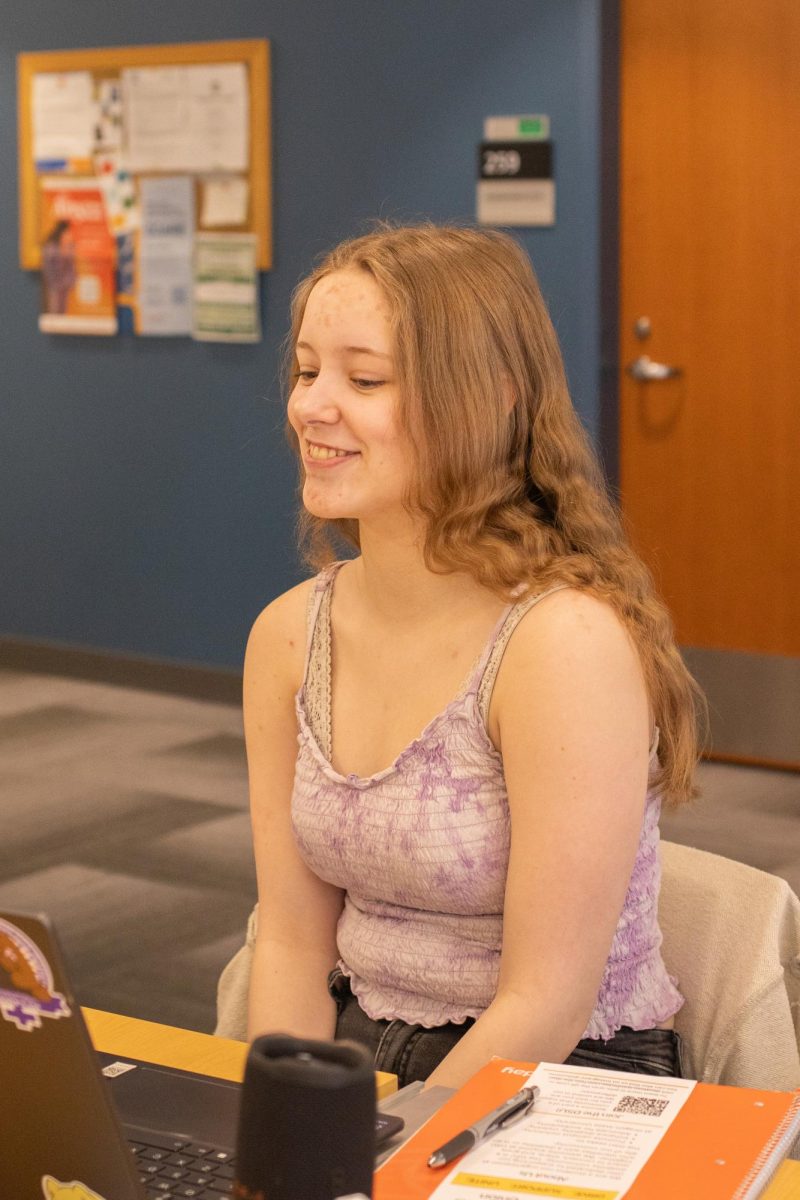


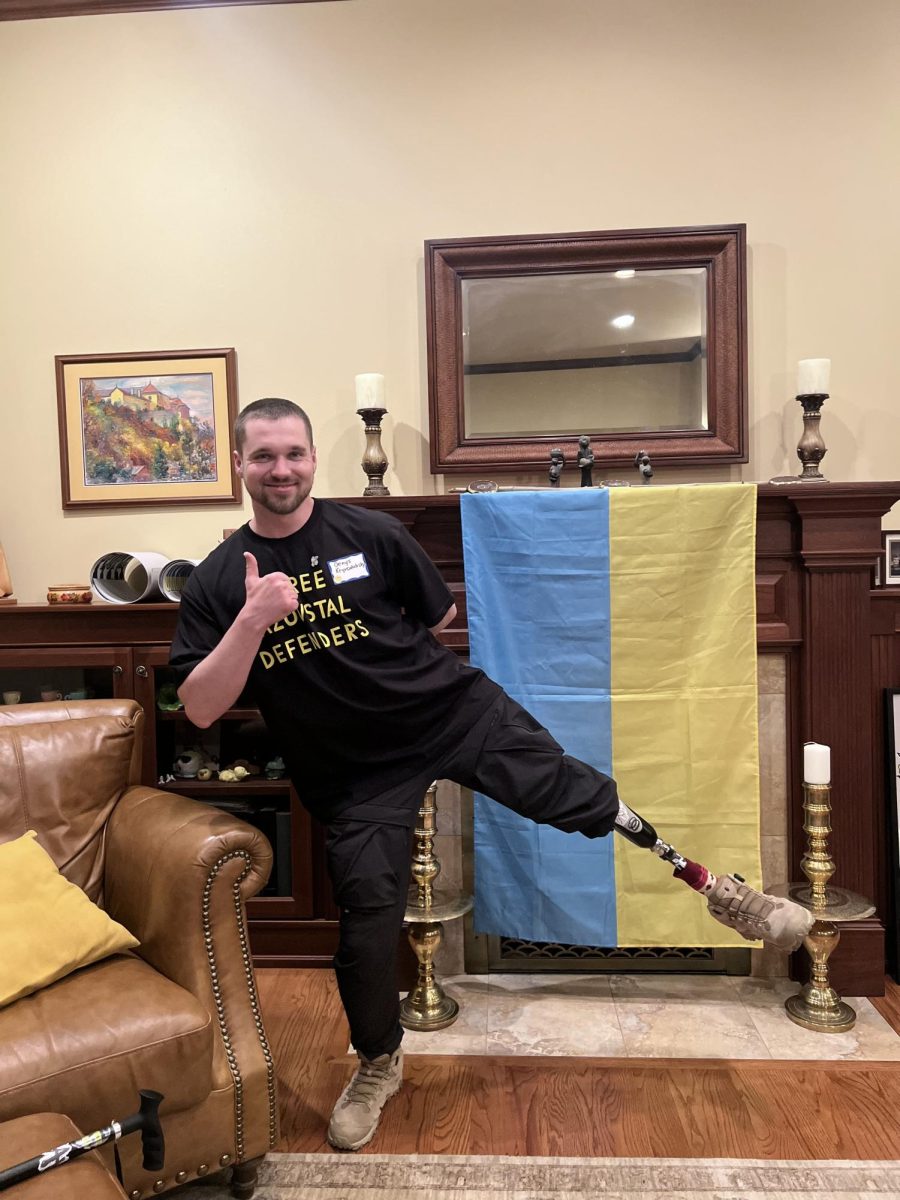




































































![Newspaper clipping from February 25, 1970 in the Daily Barometer showing an article written by Bob Allen, past Barometer Editor. This article was written to spotlight both the student body’s lack of participation with student government at the time in conjunction with their class representatives response. [It’s important to note ASOSU was not structured identically to today’s standards, likely having a president on behalf of each class work together as one entity as opposed to one president representing all classes.]](https://dailybaro.orangemedianetwork.com/wp-content/uploads/2025/03/Screenshot-2025-03-12-1.00.42-PM-e1741811160853.png)



























